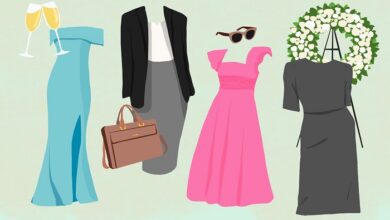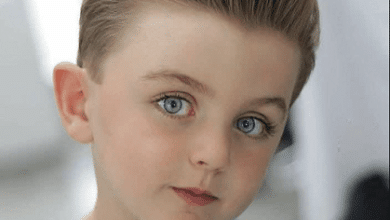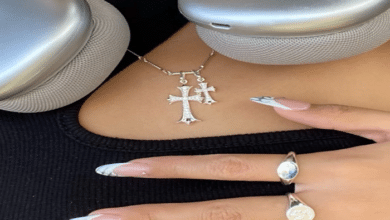Comprehensive Syllabus for Fashion Designing Courses: Everything You Need to Know

All About Fashion Designing Course Syllabus
syllabus fashion designing course has emerged as a sought-after career option for creative individuals. Understanding the syllabus of fashion designing courses is crucial for anyone planning to pursue this field. This guide offers an in-depth overview of the syllabus, highlighting the essential subjects, skills, and industry-relevant modules.
What is Fashion Designing?

Fashion designing involves creating, conceptualizing, and executing designs for clothing, accessories, and footwear. It blends art, culture, and technology to craft pieces that resonate with trends and personal expression. syllabus fashion designing course .
Syllabus Overview
Core Modules
| Module | Key Topics Covered |
|---|---|
| Introduction to Fashion | Fashion history, trends, and design principles |
| Design Concepts | Sketching, illustration, and color theory |
| Textile Science | Fabric types, properties, and manufacturing processes |
| Pattern Making | Drafting, draping, and garment construction techniques |
| Fashion Illustration | Manual and digital design tools |
| CAD (Computer-Aided Design) | Software-based design for apparel and accessories |
| Fashion Marketing | Branding, consumer behavior, and merchandising |
| Portfolio Development | Assembling and presenting a comprehensive design portfolio |
Specialization Areas
Students can choose specialized paths to align with their career goals.
- Apparel Design
Focuses on creating unique clothing styles, integrating creativity with functionality. - Accessory Design
Involves crafting bags, shoes, and jewelry that complement fashion ensembles. - Textile Design
Emphasizes developing innovative patterns and fabrics.
Detailed Breakdown of the Syllabus
1. Foundation Studies
- Fashion History and Culture: Exploring the evolution of fashion from ancient to modern times.
- Principles of Design: Learning the basics of shape, form, and balance.
- Color Theory: Understanding color psychology and application.
2. Textile Science
Students study textiles’ composition, texture, and usability, including natural and synthetic fabrics.
3. Pattern Making and Garment Construction
A hands-on module emphasizing garment fitting and technical skills. Passive voice is extensively used here, ensuring clarity in instructions.
Career-Focused Subjects
Fashion Business and Entrepreneurship
Students are introduced to business planning, retail management, and global fashion trends.
Styling and Personal Branding
This module focuses on visual storytelling and cultivating individual style.
Skills Developed
| Skill | Description |
|---|---|
| Creative Thinking | Innovative approaches to design |
| Technical Proficiency | Mastery of sewing, stitching, and CAD tools |
| Market Analysis | Understanding consumer preferences and market dynamics |
FAQs
1. What is the duration of a fashion designing course?
Courses typically range from 6 months (certificate programs) to 4 years (bachelor’s degrees).
2. Is prior experience needed to join a fashion designing course?
No prior experience is required for beginner-level courses. Creativity and passion are key.
3. What are the career prospects after completing a fashion designing course?
Graduates can pursue roles like fashion designer, stylist, textile artist, or merchandiser.
4. Are online fashion designing courses effective?
Yes, many reputed institutions offer comprehensive online programs with interactive tools and resources.
5. Which software is commonly used in fashion designing?
Popular tools include Adobe Illustrator, CorelDRAW, and Clo3D.




